The Problem With Beauty Standards
Imagine coming home from a long day of school, exhausted and ready to relax. You turn on the TV and find yourself mesmerized by the movie playing. The teased outcast is getting a makeover from her friends. As you watch her, your jaw drops. She has suddenly turned into the ideal depiction of beauty. She finally fits in. This storyline is, unfortunately, not new. Instead, it is rather common and consistently seen throughout the media and film.
This transformation involves the change of outward appearance. Examples would be things like straightening your hair, putting on makeup, wearing contact lenses, or changing your clothes and fashion sense to fit the new trendy style. These acts result in an originally rejected character finally being accepted by people in power such as the “cool kids” or by the character’s love interest. The problem is that it teaches the idea that we must have validation from others in order to gain confidence in ourselves—a mindset that can be really damaging. It also reinforces a rigid stereotype of beauty that frames normal features, such as certain hair or skin texture, to be “ugly” or “not worthy.”
Something to consider is the targeted audience. We have seen the theme of beauty and transformation being illustrated in films such as Cinderella: a film targeted at children. Further, we see this theme within fashion magazines marketed towards teenagers or young adults. The common thread is that these audiences are young and therefore impressionable and easily influenced. Additionally, many of the characters who undergo these transformations are women, which is noteworthy because many of these unrealistically high expectations of beauty are cast upon women, adding more pressure to young girls.
The simple actions needed to meet these ideals do not require an extremely huge amount of commitment or money. They are accessible to most people. That seemingly positive aspect is insidious because it gives hope to individuals who are looking to change in order to “fit in.” People buy products so that they might meet standards of perfectionism on the outside without fixing the underlying conflicts such as their mindset.
These beauty transformations are glorified in ways that idolize perfection and decry mediocrity. We are taught from early ages to be flawless rather than honor our very human complexities as individuals. We are taught that we must meet structured, typically eurocentric beauty standards in order to find acceptance from the world.
Why are we so obsessed with this transformation? What steps can we take to create a world where beauty is more diverse? How can we promote a transformation that views finding confidence and beauty by using our hearts and minds rather than altering our outward figures? It’s a process dependent on the way the media frames beauty, but it is also dependent on us. The journey of self-love is an everlasting and individual voyage one must be willing to take, but it‘s definitely worth the trek.

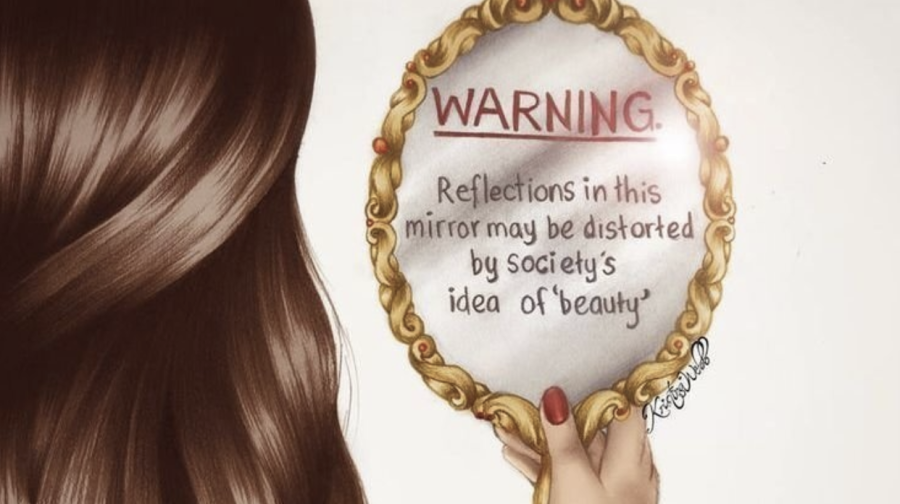
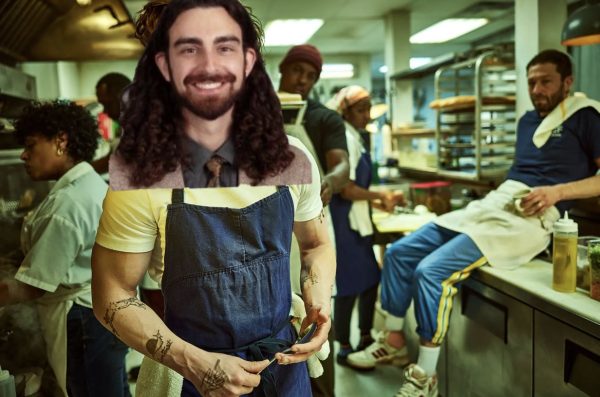
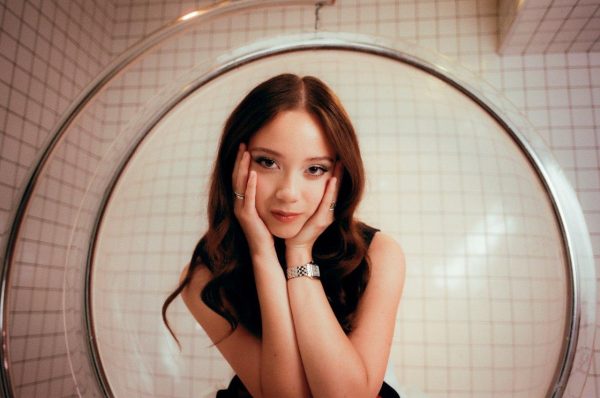
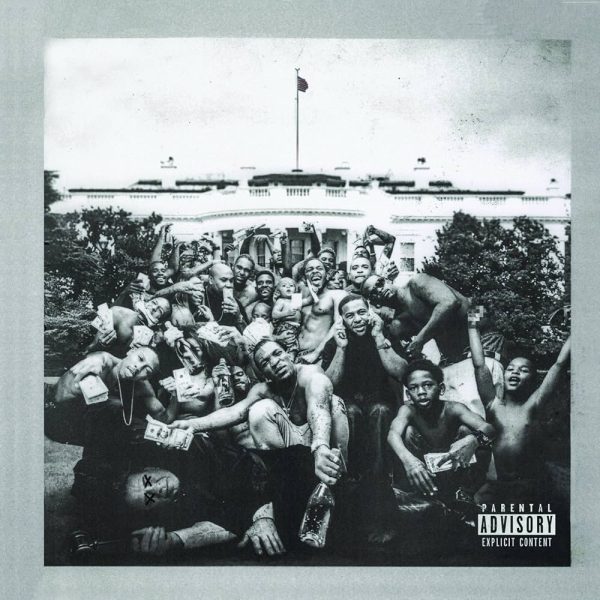

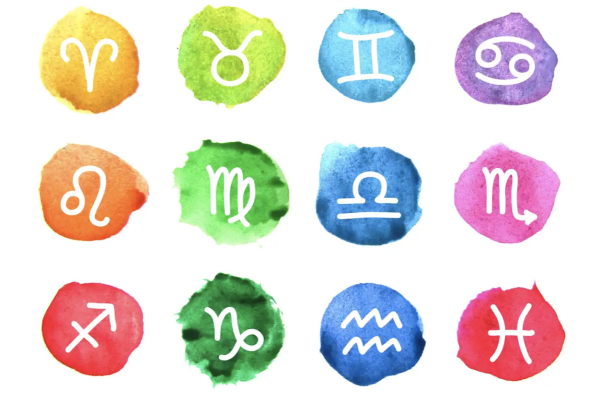

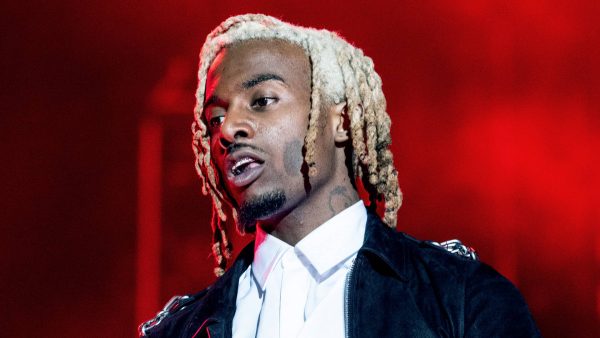
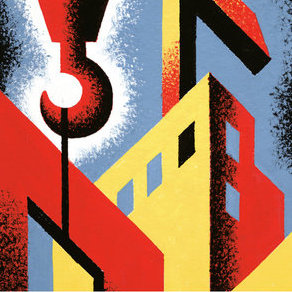


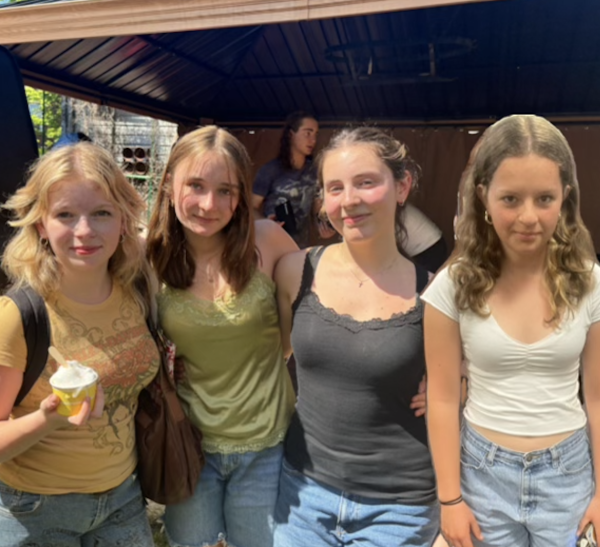
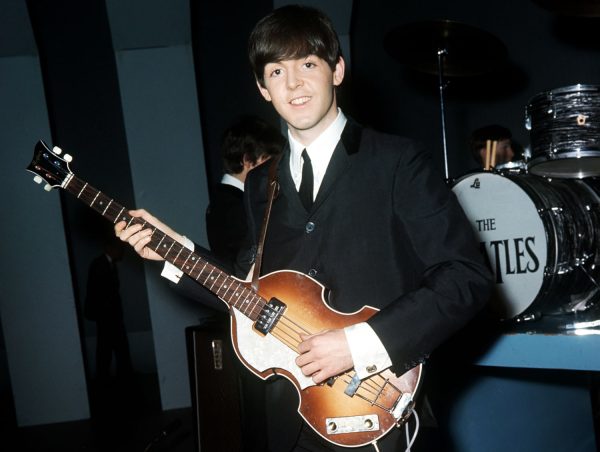
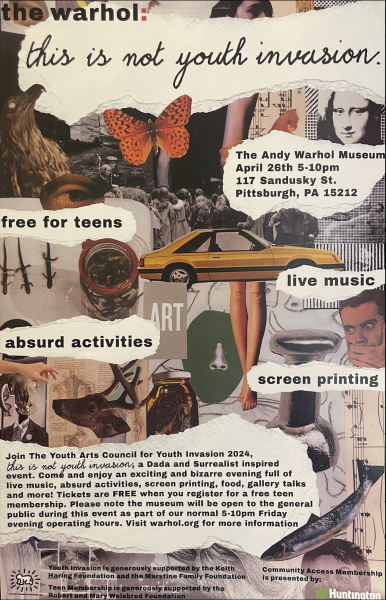
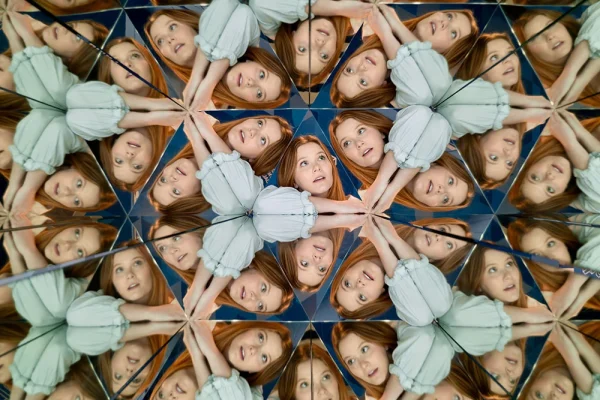

Rho • Jan 31, 2022 at 7:28 pm
This is so beautifully written!